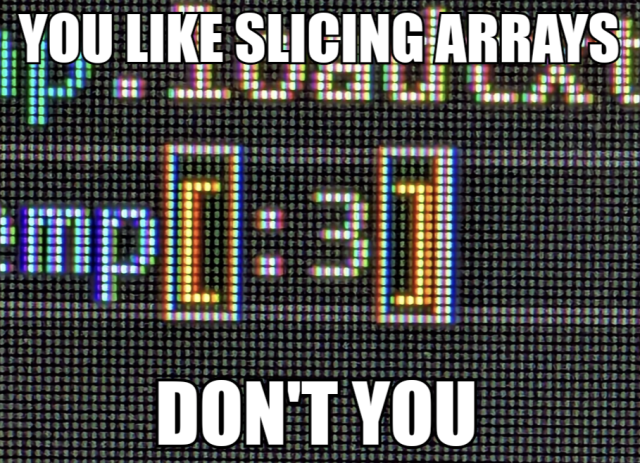this post was submitted on 13 Jul 2024
62 points (98.4% liked)
technology
23113 readers
172 users here now
On the road to fully automated luxury gay space communism.
Spreading Linux propaganda since 2020
- Ways to run Microsoft/Adobe and more on Linux
- The Ultimate FOSS Guide For Android
- Great libre software on Windows
- Hey you, the lib still using Chrome. Read this post!
Rules:
- 1. Obviously abide by the sitewide code of conduct. Bigotry will be met with an immediate ban
- 2. This community is about technology. Offtopic is permitted as long as it is kept in the comment sections
- 3. Although this is not /c/libre, FOSS related posting is tolerated, and even welcome in the case of effort posts
- 4. We believe technology should be liberating. As such, avoid promoting proprietary and/or bourgeois technology
- 5. Explanatory posts to correct the potential mistakes a comrade made in a post of their own are allowed, as long as they remain respectful
- 6. No crypto (Bitcoin, NFT, etc.) speculation, unless it is purely informative and not too cringe
- 7. Absolutely no tech bro shit. If you have a good opinion of Silicon Valley billionaires please manifest yourself so we can ban you.
founded 4 years ago
MODERATORS
you are viewing a single comment's thread
view the rest of the comments
view the rest of the comments

Of course, in Python, you can slice with [start:end:step], so it is valid to do
list[:3:3]for double the happiness. Not that you'd ever practically do so.It's functionally identical to
list[0]so you could definitely just refactor your code to uselist[:3:3]I don't think that's equivalent. I think the former would return
e0and the latter would return[e0]You're right, it would return a list containing the first element of the sliced list.
So:
Well, technically a sequence containing the first element of whatever sequence you sliced. Take advantage of implementing magic methods and you too can abuse slice notation with your classes.